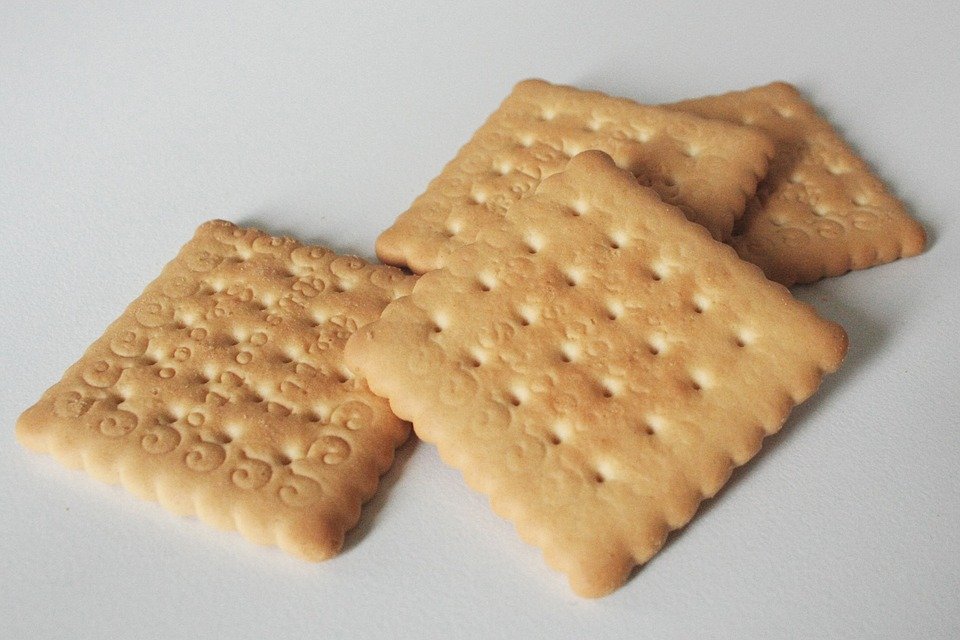7 Ways to Treat Tooth Sensitivity

Tooth sensitivity is an incredibly nasty condition to have. Sharp, sudden pain (although temporary) shoots up to your tooth’s nerve endings whenever you have foods of certain temperatures. This makes eating itself an uncomfortable and slow experience as you take your time to ensure the temperature of your food doesn’t get the better of you. Fortunately, this is a condition that can be managed so here are some ways you can treat that tooth sensitivity.

Desensitizing Toothpaste
There are several products on the market for sensitive teeth as this is a widespread problem that even adults face. Check with the Mornington Peninsula dentists for advice on which products will be best for your condition. Essentially desensitizing toothpaste is made up of compounds like potassium nitrate, which help reduce and block pain signals from reaching your vulnerable nerves. Add using a fluoride mouthwash and a soft toothbrush to your routine to maximize your chances of success.
Salt Water
Salt water is an incredibly powerful antiseptic that also helps curb inflammation. By gargling with salt water daily, you help reduce the pain of tooth sensitivity. Simply add half a teaspoon of salt to a glass of hand-hot water, swish it around in your mouth for about 30 seconds and you’re good to spit. A natural home remedy that can be done at any time!
Light Brushing
Use a soft toothbrush and make sure you don’t brush your teeth harder than necessary. This is detrimental because hard brushing tends to wear down your enamel (a protective shell that covers the nerve endings). When the enamel wears down you’re more susceptible to tooth decay and erosions, which will only heighten your sensitivity.
Healthy Foods and Drinks
You’ll want to avoid acidic foods and drinks and instead opt for healthier options like fibre-rich fruits and vegetables, milk, yoghurt and cheese. These help moisten your mouth (in the same way saliva does) and this helps keep bacteria and acidic properties at bay. Even substances like tea or sugarless gum also does the trick. If acidic foods are unavoidable, then remember to wait at least an hour before brushing because the acidic components within these foods soften your enamel, making it more vulnerable for a short period of time.
Unclench
Do you catch yourself grinding your teeth often? Perhaps it may be stress or you find yourself angry at the world far, but clenching your teeth almost habitually like this can wear away at your enamel and make your teeth far more sensitive.
Reconsider Bleaching
On their quest to obtain dazzling white teeth, many people opt for bleaching processes. Usually sensitivity from bleaching is a temporary case but you’re better off clarifying with your dentist and identifying how much the treatment might be affecting you.

Avoid Gum Disease
Build-up of plaque and tartar can make your gums pull back, making your teeth more vulnerable to disease. A simple solution is to schedule regular cleaning appointments.
These are the 7 best ways you can manage those terrible cases of sensitivity. Make sure to consult a professional before you make any permanent decisions!